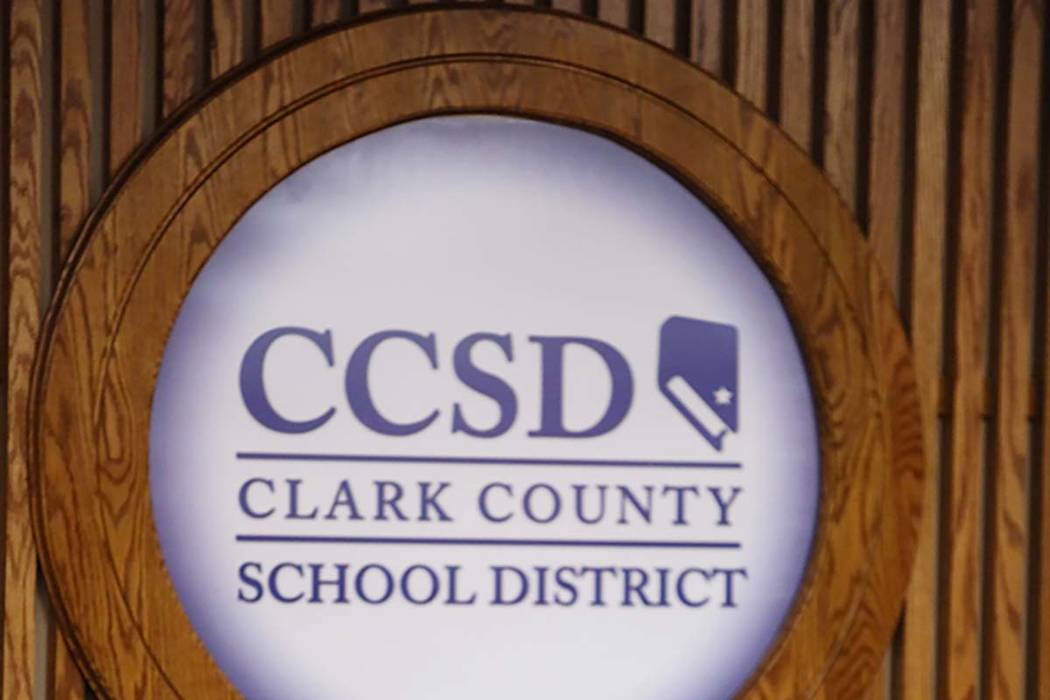EDITORIAL: Budget ‘cuts’ at the Clark County School District
The Clark County school trustees last week approved $43.3 million in cuts to the district’s spending blueprint. District officials expect the shortfall could reach $60 million, and they blame the problem on arbitration rulings that have increased personnel costs.
But before anyone raises warnings of a fiscal calamity, a little perspective is in order.
The district budget for the 2016-17 school year was about $2.291 billion. In May, the trustees approved a $2.4 billion budget for the current school calendar, which began Aug. 14. That’s a 4.7 percent spending hike.
Enrollment last year was 322,770, according to district figures. As of Aug. 21, some 317,600 students were attending Clark County’s public schools. Budget numbers for the current school year were predicated on a student population of 323,300.
The $43.3 million budget adjustment amounts to a reduction of 1.8 percent. Yet the district will still see a spending bump this school year despite little or no enrollment increase. In other words, the “cuts” are illusory and nothing more than reductions in the projected rate of growth.
That doesn’t mean the trustees don’t have to make tough decisions. But a district this size — the fifth largest in the nation — should be able to minimize the ramifications for students in the classroom.
Meantime, the district’s predicament again highlights why state lawmakers should consider reforms to the collective bargaining process to rein in arbitration excesses and impose more accountability on the process.
The school budget woes stem in part from a May ruling by an Oregon mediator siding with the administrators’ union against the district. The arbiter ordered the district to shell out $19.5 million in back pay because, he wrote, it “offered no documented evidence or witnesses, or other direct evidence, that it lacked the financial ability to pay the association’s requested monetary proposal.”
That is absurd but hardly surprising. Binding arbitration clauses in government contracts are too often rigged in favor of public unions at the expense of taxpayers, serving as a disincentive to good-faith bargaining. Education Nevada Now, a local education advocacy group, notes that the school district hasn’t won an arbitration fight in five years.
State lawmakers should eliminate binding arbitration in public-sector labor disputes. This would ensure that unaccountable, out-of-state mediators don’t wield the power to arbitrarily impose costs on the public simply because governments have seemingly unlimited financial resources courtesy of the taxpayers. But if that’s too controversial, lawmakers should at least place strict limits on the wide power and discretion that arbitrators currently enjoy.
If school district officials are truly concerned about stabilizing future budgets, this type of bill draft should be at the top of their lobbying wish list when the Legislature reconvenes in 2019.




























